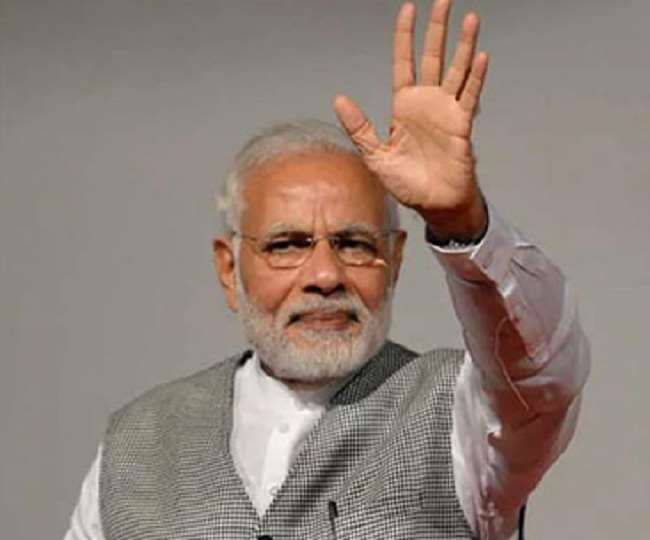
PM Modi go to Assam today after CAA and Bodo agreement
Prime Minister Narendra Modi is visiting Assam (Assam) for the first time today after the signing of the Citizenship Amendment Act (CAA) and the Bodo Agreement. Prime Minister will be in Kokrajhar on the Bodo Agreement Will attend the ceremony as well as address a rally. On this occasion, major preparations have been made to welcome PM Modi in Assam’s Bodo-dominated Kokrajhar town.
This is PM Modi’s first Assam visit after protests against the Citizenship Amendment Act (CAA) started in December last year. On Thursday, the people of Kokrajhar expressed their happiness by burning 70 thousand earthen lamps in the streets and streets. During this time All Bodo Student Union also took out a bike rally.
Assam Police said the rehearsal of the cultural troupe has been finalized to celebrate the historic Bodo Peace Accord. Soldiers have been deployed to ensure Prime Minister Modi’s security.
On Thursday, Prime Minister Modi tweeted, ‘I am looking forward to the tour in Assam. I will be in Kokrajhar to address a public meeting. We will celebrate the successful signing of the Bodo Agreement which will end decades of problems. ‘ He said that this agreement will mark the beginning of a new era of peace and progress.
Explain that due to anti-CAA protests, the top meeting between Prime Minister Modi and Japanese Prime Minister AB Shinzo in Guwahati in December was canceled. Apart from this, Prime Minister Modi was also invited for the inauguration of the recently concluded ‘Khelo India’ Games, but he did not attend it.
A peace agreement was reached between the Government of India, the Government of Assam and the banned militant organization- National Democratic Front of Bodoland. Under this, more than 1,500 militants of the National Democratic Front of Bodoland, the leading militant group, surrendered. Four districts in Assam come under Bodo Territorial Area District (BTAD). These districts are Kokrajhar, Baksa, Udalguri, Chirang. A separate state of Bodoland has long been sought by these tribes. This demand was first raised in 1966–67.


Average Rating